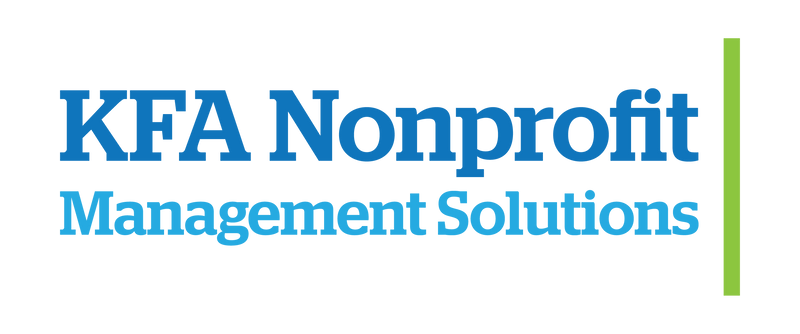
If you resolved to start writing grants in 2023, congratulations! You've taken the first step in helping your nonprofit do more, better. Don't dive in head first without the requisite preparation. Here are nine tips to help you keep your resolution and find grant-writing success this year.
1. Attend a grant-writing conference
Now that in-person meetings are back, attending a conference is a great way to meet like-minded professionals, talk with funders, learn from evaluators and gain a better understanding of grants management.
If you have some grant-writing experience, check out the National Grants Management Association or the American Grant Writers Association conferences. If you're a newbie, check out a local or regional grant-writing association for a lower-level entry point.
2. Read a grant-writing book
If you're like us, you don't have a lot of time to read for pleasure, let alone to read for professional development. But reading books about grant writing will help you improve your craft learn what to do once you've received a grant.
There are plenty of books out there. We like Storytelling for Grantseekers by Cheryl A. Clarke and Effective Grants Management by Deborah Ward.
3. Take a grant-writing course
Grant-writing courses are a great way to hone skills, reinforce ideas and think about the grant-writing process in a different way. Even if you've written a few grants, taking a course is a great way to develop your professional skills.
Remember, you get what you pay for, and those free online courses that promise the world may not deliver. Research your options. Ask questions, and make sure you're getting what you expect from any grant-writing class.
Hint: we offer a self-paced grant-writing course with 26 hours of content, a workbook and more free gifts.
4. Create a grants calendar
Writing grants takes time and planning. Create a calendar with all the grants you intend to write and realistic timelines for getting each one completed and submitted. This will keep you focused and on task. You won't take on more work than you can handle and you (hopefully) won't be surprised by a grant deadline that flies below the radar.
5. Resubmit a rejected proposal
Don't give up if you've written grants before that didn't get funded. Request the reviewer's comments so you can improve the proposal. Your chances of having the grant funded the second time around increase exponentially.
6. Become a grant reviewer
One of the best ways to improve your grant-writing skills is to sit on the other side of the table. Volunteer as a grant reviewer for a federal, state or local competition. The task could be time-consuming, but you stand to learn a lot about the grant-writing process and how to improve your own proposals.
Find a list of federal grant reviewer opportunities here.
7. Stop procrastinating
That grant proposal isn't going to write itself. The sooner you get started, the more time you'll have to perfect the application package. Waiting until the last minute to start gathering documents, letters of support, financial information and formulating outcomes measures is fraught with peril.
By waiting, you'll only stress yourself out and run the risk that the people you need to help will be unavailable. Plus, when you run short on time, your proposal won't be as strong as it would have been had you had a few more days to edit.
8. Write in plain language
Grant reviewers aren't impressed by $100 words or long, complex sentences filled with descriptive, flowery language. In fact, overly complicated writing may result in a lower score on your proposal. Instead, use common words and short paragraphs. Write in active voice. Don't force a reviewer to pull out a dictionary to understand the problem or your goals.
By writing using plain language, you avoid sentences like this:
The at-risk adolescent population lacks proper nutritional supplementation due to the fact that schools are closed for the summer term, taking away access to free or reduced breakfast or lunch meals that are available to families who live below the poverty line.
In favor of this:
Many kids go hungry because school is out.
9. Practice self-care
It's cliched, but it's important. Take time to rest, relax and rejuvenate. Your productivity and focus will suffer if you're burning the candle at both ends. Set limits along with realistic goals. By taking time for yourself, you can be your best for your nonprofit.
Make 2023 the year you get serious about grant writing. By following our tips and using resources published by professional grant-writing agencies, you'll be set up for success.

Thank you!